To study and implement the spirit of the 20th Central Committee’s Third Plenary Session, deeply practice President Xi Jinping’s important speeches on strengthening cultural confidence, fully explore the rich heritage of Two Song Dynasties culture, and discuss its inheritance and development in the new era, the Seminar on Cultural Inheritance and Development of the Two Song Dynasties was successfully held on November 13. The event was hosted by Kaifeng Vocational College (KFVC) at the Innovation and Entrepreneurship Center of the Jingdong Digital Economy Industry College, contributing to the promotion of China’s excellent traditional culture.
The event was attended by 16 distinguished experts and scholars, including Wang Xicheng, former Vice Chairman of the Henan Provincial Social Science Federation and researcher; Cai Ying, editorial board member and Deputy Editor-in-Chief of Henan People's Publishing House; Zhang Yong, Deputy Director of the Academic Affairs Department of the Henan Provincial Social Science Federation; Fu Zhuohui, Vice Chairman of the Kaifeng City Social Science Federation; Mao Xiaoyu, researcher at the Institute of Traditional Chinese Opera Studies, Chinese Academy of Art; Wang Zhenjun, Professor, Ph.D., and Director of the Cultural Industry Center at Zhengzhou University; Wei Changling, Professor, Ph.D., Ph.D. Supervisor, and Associate Dean of the Philosophy School at Zhengzhou University; Wang Xianling, Professor, Ph.D., Ph.D. Supervisor, and Director of the Career Development Education Research Office at Zhengzhou University; Dai Panghai, Professor, Ph.D., and Director of the Institute of Tourism and Planning at Zhengzhou University; Meng Xianming, first-class writer at Henan Writers Association, President of the Henan Provincial Children’s Literature Association, and Adjunct Professor at Henan University; Liu Canzhang, editorial board member of Henan Fine Arts Publishing House, Honorary Chairman of the Henan Provincial Calligraphy and Painting Association, and renowned calligrapher and painter; Zhang Jianying, Associate Editor and Deputy Director of the Political Theory Editorial Department at Henan People’s Publishing House; Cui Feng, Professor, Ph.D. at Henan University; Wei Chongzhou, Professor, Ph.D., and Dean of the School of Culture and Communication at Henan University of Finance and Economics; Zheng Zhigang, Master’s Supervisor, Ph.D., and renowned calligrapher and painter at Zhengzhou University’s School of Fine Arts; Xu Fangfang, Associate Professor, Ph.D. at Henan University. The event was also attended by Xu Zhongkun, the President of KFVC, Liu Shanshan, Executive Vice President of KFVC, other college leaders, department heads, and more than 100 faculty and student representatives. The seminar was hosted by Ma Jigang, the Deputy Party Secretary and Vice President of KFVC.
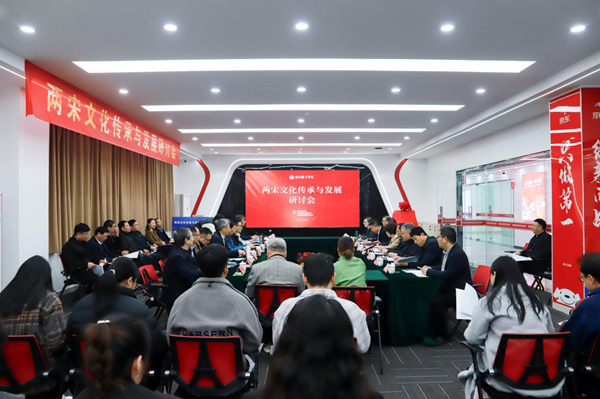
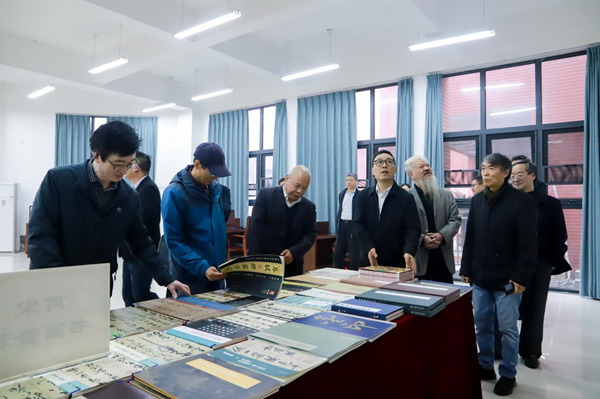
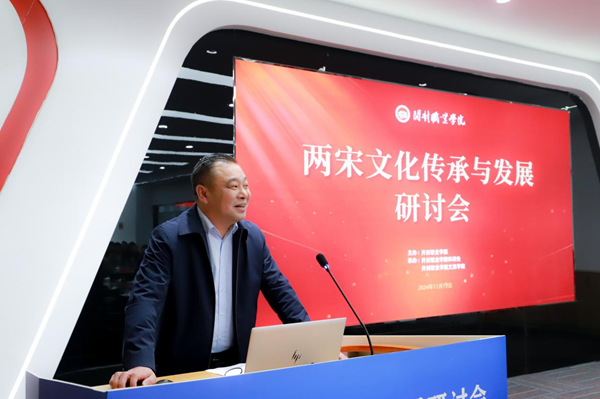
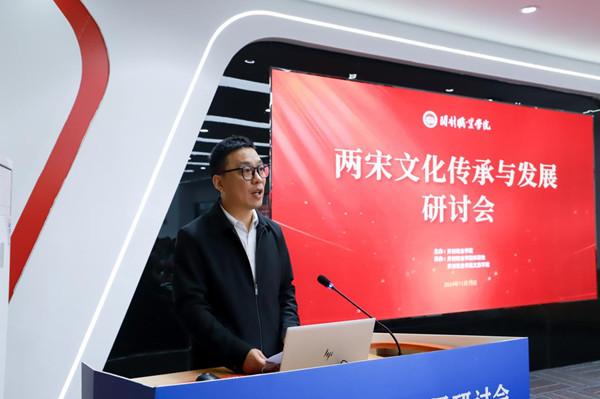
At the beginning of the event, KFVC President Xu Zhongkun delivered an opening speech. He warmly welcomed the attending leaders and experts and provided an introduction to the college’s basic situation, including its academic programs, educational approach, and talent development strategies. Xu emphasized that since its establishment, our school has deeply implemented Xi Jinping’s cultural thoughts, with a key mission of “connecting with the local culture of Kaifeng, telling Kaifeng’s stories, shaping Kaifeng’s image, and continuing the cultural heritage of Kaifeng.” Our school has focused on the unique features of Kaifeng, particularly the culture of the Two Song Dynasties, integrating it into architecture, education, and practical activities. In doing so, KFVC has made significant contributions to the inheritance and development of the excellent traditional culture of the Two Song Dynasties. Xu Zhongkun highlighted that the culture of the Two Song Dynasties is like a brilliant pearl, shining uniquely in the vast expanse of Chinese history. Experts gathering in this land rich in historical heritage to discuss the inheritance and development of the Two Song culture are not only a tribute to and reflection on history but also a commitment to and anticipation for the future. Xu firmly believes that the profound knowledge, unique insights, and abundant research achievements of the experts and scholars present will come together to create an intellectually stimulating feast, making even greater contributions to the inheritance and development of the culture of the Two Song Dynasties.
Zhang Yong, Deputy Director of the Association Department of the Henan Provincial Social Science Federation, delivered a speech. He highlighted the importance of the culture of the Two Song Dynasties and its relevance to cultural development in the new era. Zhang pointed out that the key speeches of President Xi Jinping at the Cultural Inheritance and Development Forum and the National Propaganda and Ideological Cultural Work Conference have provided fundamental guidance and strong momentum for the study and inheritance of the culture of the Two Song Dynasties. He hoped that experts and scholars will deeply study the culture of the Two Song Dynasties, uncover its unique value and significance, and contribute to the inheritance and development of China’s outstanding traditional culture.
During the expert key note session, Professor Wang Xicheng detailed the reasons why the Song Dynasty became a unique economic and commercial cultural phenomenon in Chinese history. He explored various aspects, including the economic support for the cultural peak of the Song Dynasty, the household registration system and economic policies, urban economy and management, overseas trade and port cities, taxation and monopoly systems, currency circulation and financial innovations, social and technological advancements, industrialization, commercial culture, and societal changes. Professor Mao Xiaoyu began her presentation with research on the National Museum's collections, highlighting the significant cultural value and historical importance of Chinese art studies and exhibitions on the international stage. She also provided insights and recommendations regarding the protection and development of Kaifeng’s cultural heritage in the context of the new era. Professor Wang Zhenjun discussed the differences in cultural positioning between Kaifeng Vocational College and other institutions, using these to illustrate the current situation and challenges faced by Kaifeng in the areas of vocational education and cultural industry development, while offering solutions to overcome these issues. Meng Xianming reflected on his childhood experiences in his hometown of Kaifeng and his exploration and research into folk culture. Combining historical and contemporary perspectives, he expressed his personal approach to cultural inheritance and his thoughts on the subject.
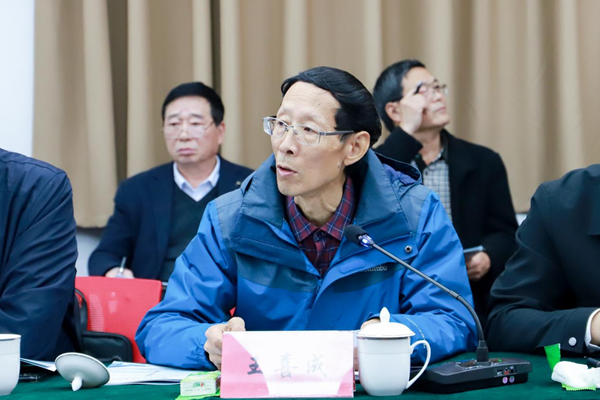
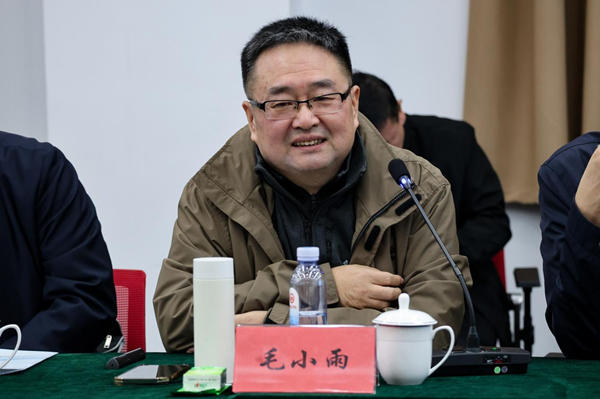
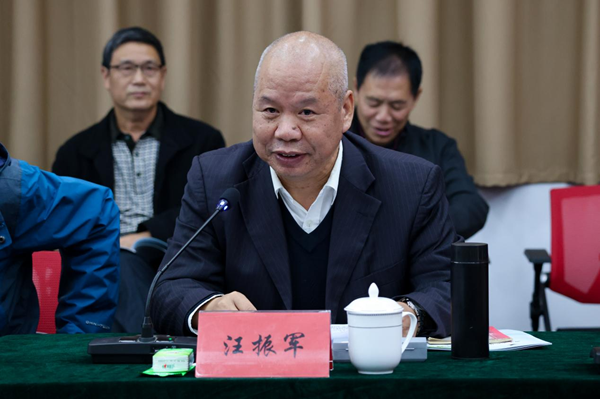
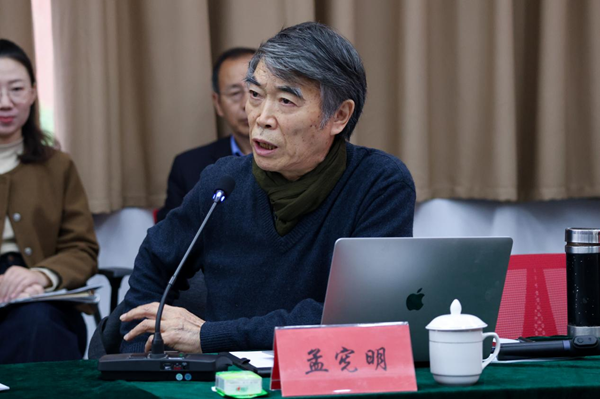
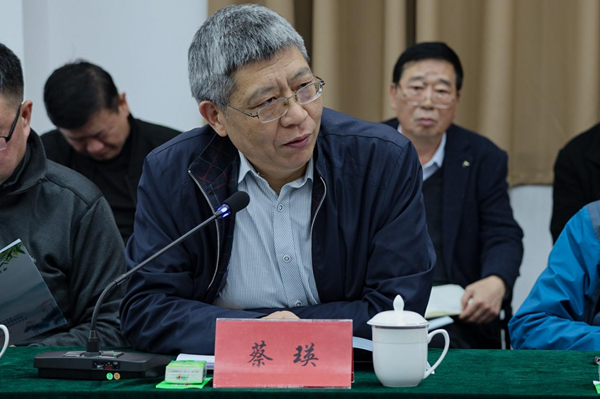
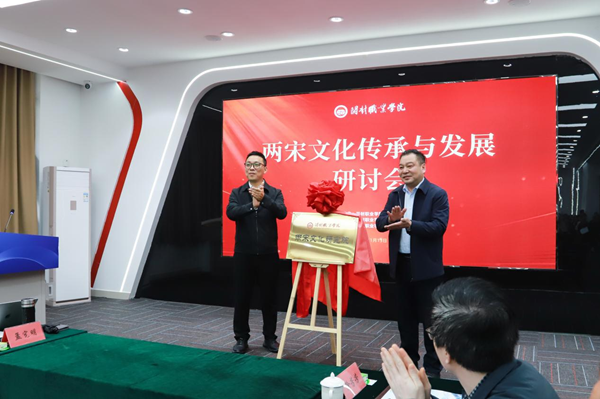
At the event, President Xu Zhongkun and Zhang Yong, Deputy Director of the Academic Department of the Henan Provincial Social Sciences Federation, jointly unveiled the “Institute of Culture of the Two Song Dynasties” at Kaifeng Vocational College. The “Institute of Culture of the Two Song Dynasties,” as an important academic research institution of KFVC, will in the future compile a series of books on the Culture of the Two Song Dynasties, including Anecdotes of the Two Song Dynasties, Introduction to Culture of the Two Song Dynasties, and Explanations of Classics of the Two Song Dynasties. It will also launch research projects related to the culture of the Two Song Dynasties, further promoting the college’s academic research and the cultural inheritance and development of the Two Song Dynasties.





